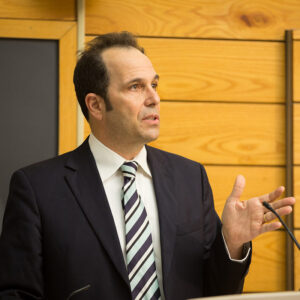The Bard Prison Initiative (BPI) is a college unto itself at the vanguard of college access and equity in the United States.
BPI creates and protects academic spaces where students and faculty engage in ambitious college coursework, challenge one another intellectually, and build supportive community. Across seven New York State Prisons, BPI extends the full breadth and depth of the Bard College liberal arts curriculum.
Majors and Areas of Focus
Literature & Humanities
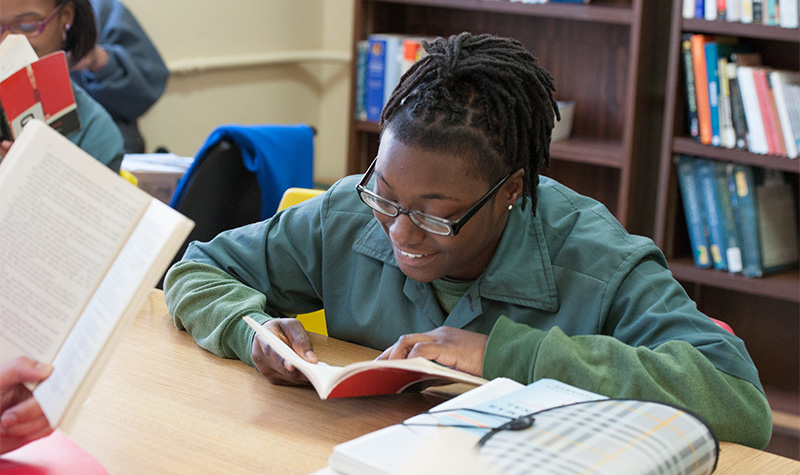
Mathematics
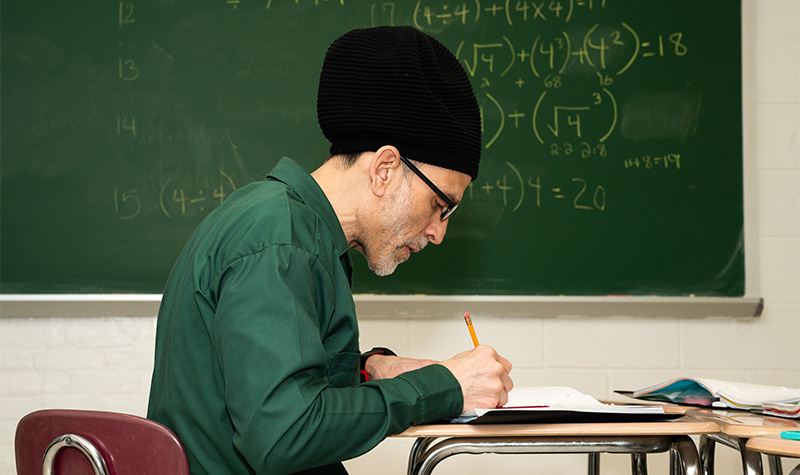
Social Studies
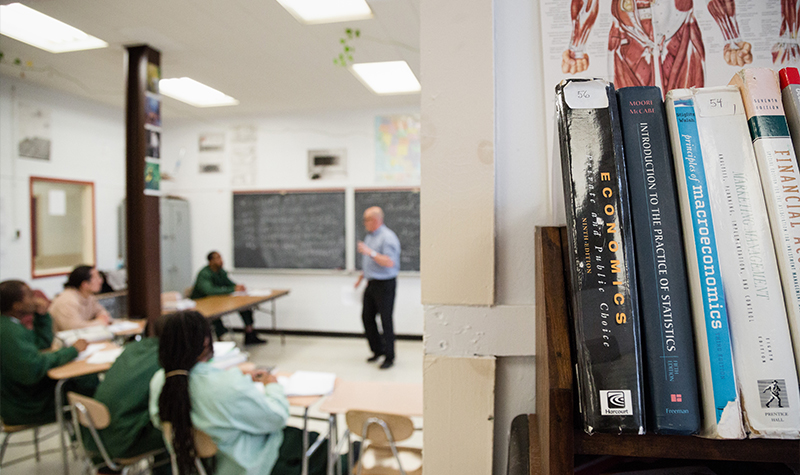
Public Health
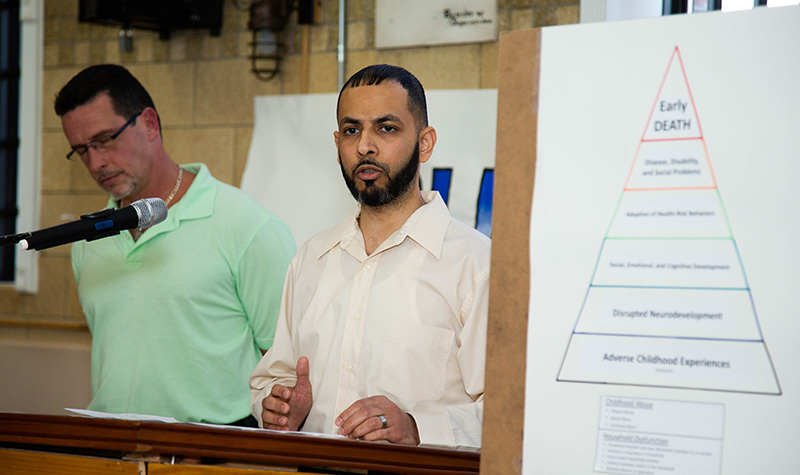
The Public Health concentration is designed to prepare students for careers in the rapidly changing fields of Public Health, healthcare, and community health. Students who complete the entire seven-course specialization are proficient in the core competencies of Public Health graduate programs, including research design and implementation.
Education
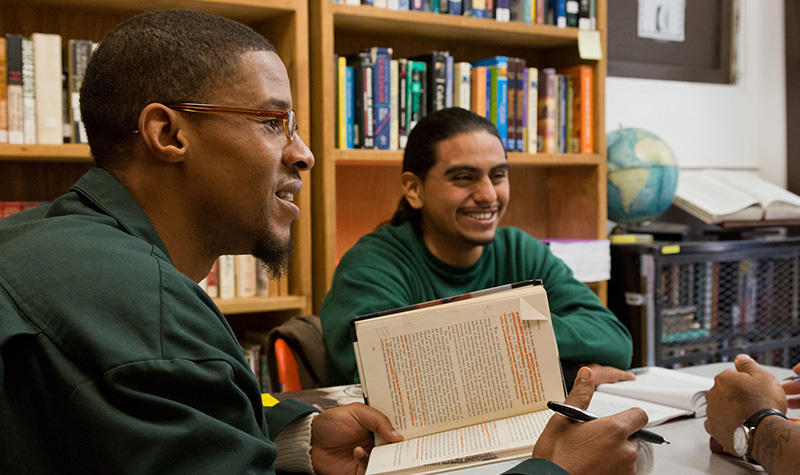
Many BPI students take a pedagogy course and put the skills they learn to use in peer tutoring and supporting other incarcerated people in their educational pursuits. Through the Education specialization, students are introduced to models for change that advocate for deeper educational access and opportunity for historically underserved communities.
Biology
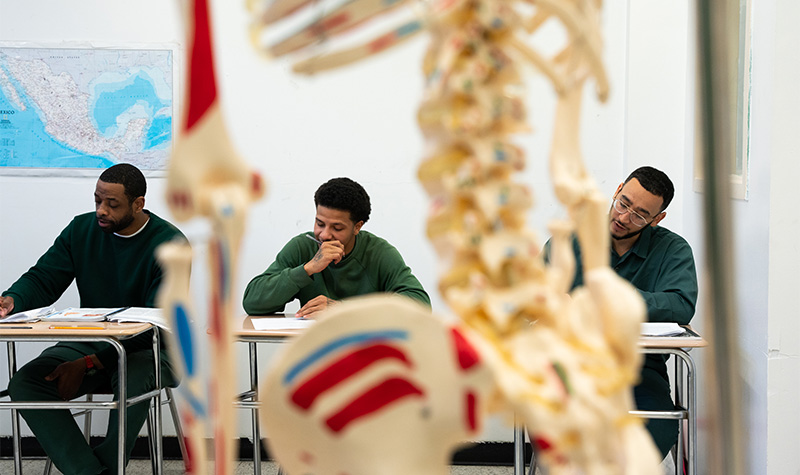
Like a minor, the five-course second focus in Biology enables BA students to receive formal recognition for significant academic work in Biology alongside their major field of study.
Faculty
More than 80 faculty members teach across BPI’s seven prison campuses, hailing from Bard College and beyond.
Beginning Reentry in College
Returning home from prison is a complex and ongoing process. At BPI, reentry preparation begins inside prison upon enrollment with the college, and builds through years of intensive academic engagement and advising. As they leave prison, alumni join an extensive network of staff, partners, and, most importantly, fellow graduates who provide critical support to navigate life post-release and build personally-meaningful futures in New York City, the Capital Region of New York, and beyond.
LEARN MORE
Jed Tucker, Senior Advisor for Reentry & Alumni Engagement; Nikko Vaughn ’15, Associate Director of Educational Programs, Persistence, & Student Success; Shawn Young ’19, Project Lead Upstate Reentry and Capital Region Initiatives; Max Kenner, Executive Director
Extracurriculars
Across BPI’s seven campus in prison, students stay engaged with the college by attending guest lectures and performances and participating in a range of extracurricular activities.
LEARN MORETutoring Fellowship
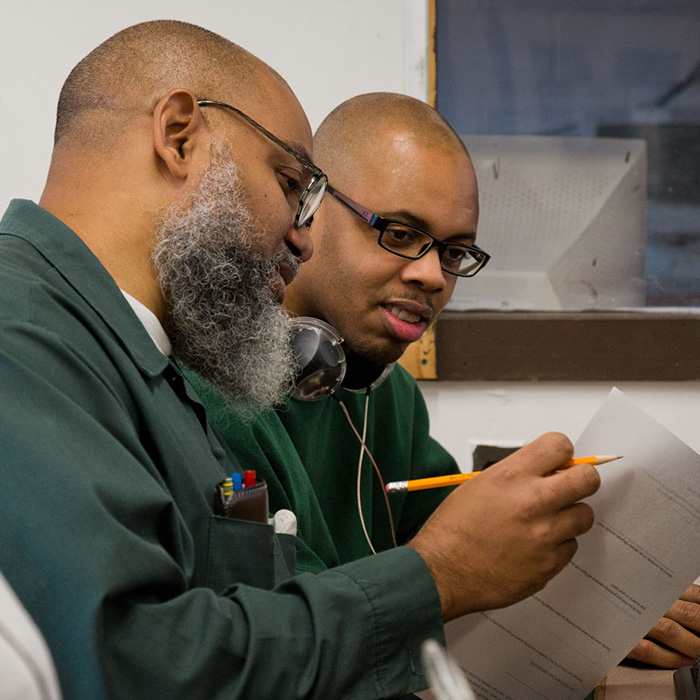
Debate Union
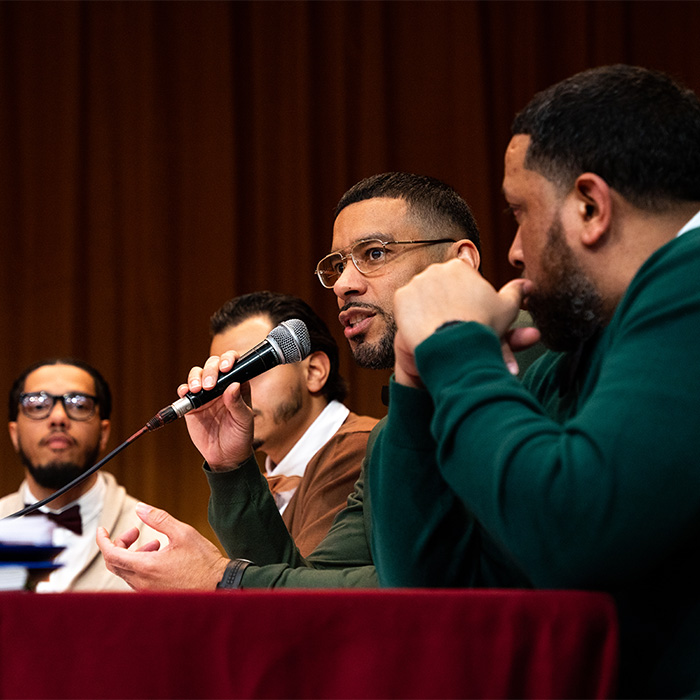
Acting Ensemble

Gardens
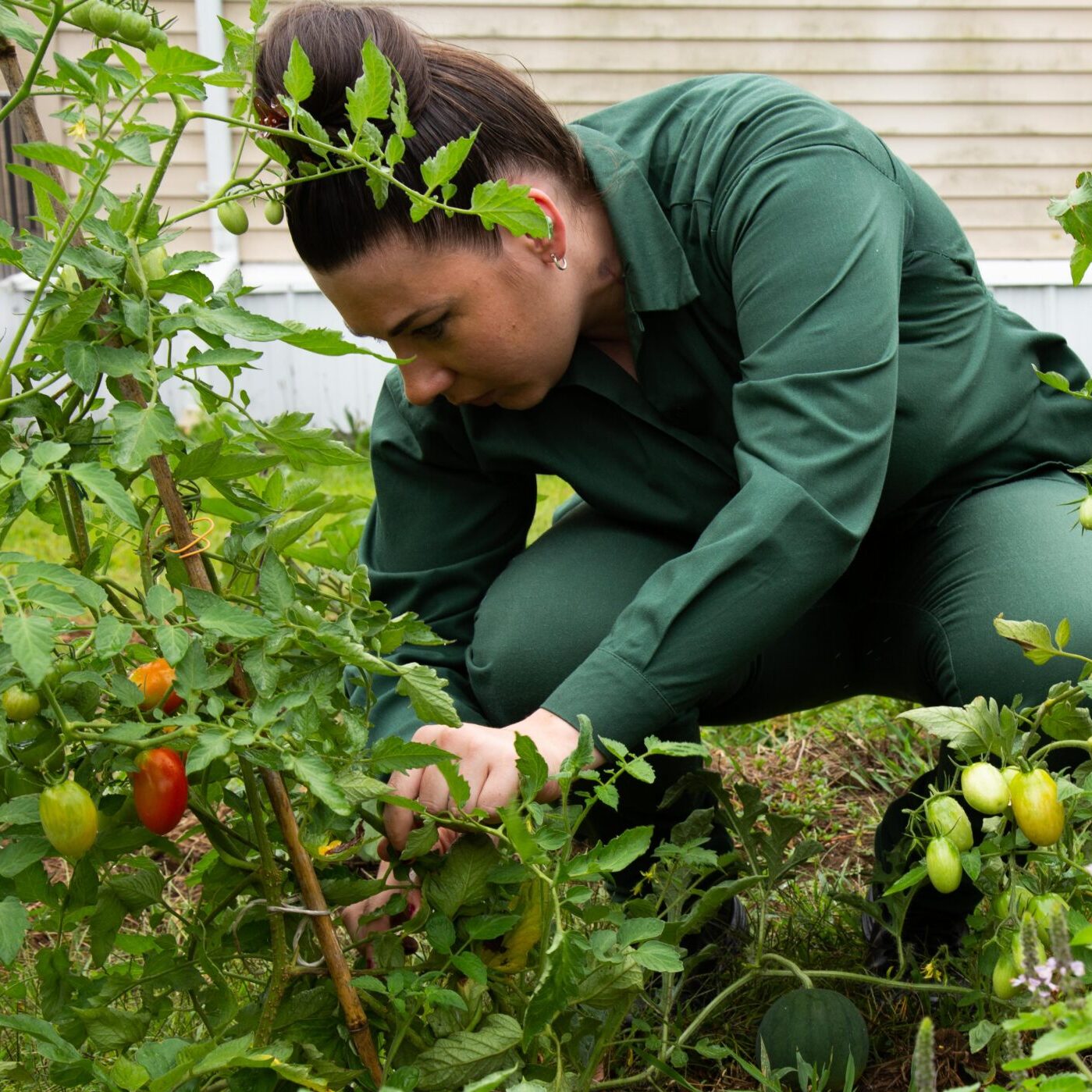
“Bard was not what I expected from college. But as a Bard student, all my expectations immediately changed. What I expected from my education, from my peers, from myself.”
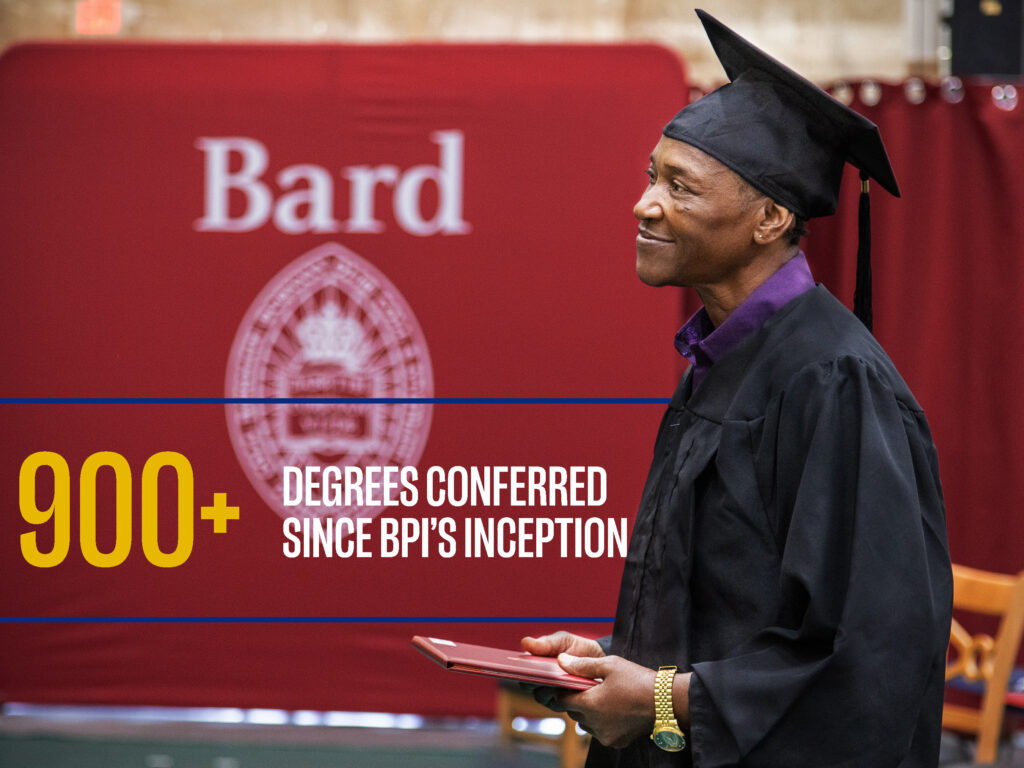
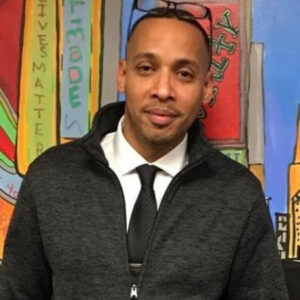 Elías Beltrán ’13
Elías Beltrán ’13 Rupali Warke
Rupali Warke
